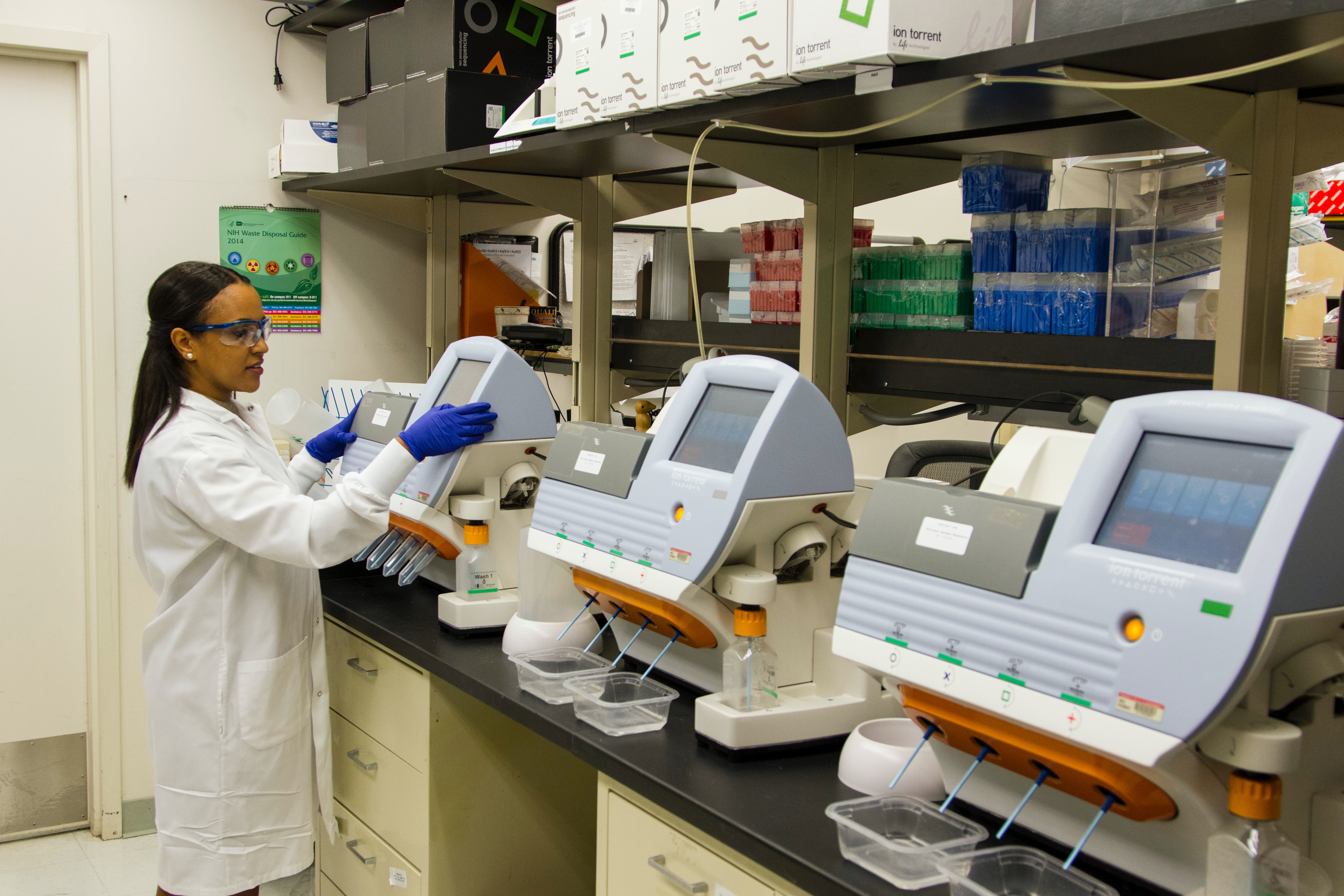
Uses For Medical Tablets
Posted on June 20, 2022
Full-fledged desk computers are rarely found in medical settings, and with good reason. They take up space that could be better used for diagnostic devices, and serve as distractions due to their noisy fans.
Even if you install terminals powered by slim fanless systems, input devices like keyboards and mice accumulate germs and are not easily cleaned. For a healthcare setting, these concerns are deal-breakers.
That’s where medical tablets come in. Specially designed to function well in healthcare environments, these devices combine the unobtrusive utility of touch panels with modern medical certifications to give the best medical utility.
But what are the uses of medical tablets? Here are some of the best ways.
Imaging
A major part of healthcare revolves around diagnostics. Be it X-Rays or Ultrasounds, timely and easy access to imaging data is crucial in diagnosing and treating any condition.
A medical tablet can be used to give medical staff instant access to diagnostic reports, without having to rely on physical copies to be generated. In some cases, the tablets can even be integrated with the imaging equipment to provide a greater degree of control in analyzing the information.
Medical Records
Keeping track of each and every patient’s medical history is a painstaking process. This is especially true in hospitals and other large medical facilities, where a large number of patients’ data needs to be entered and updated regularly.
Normally, computers used to maintain these medical records are rooted in a particular spot, making it difficult to frequently update these. But a medical tablet can be carried around during patient rounds, giving a look at their medical history as well as allowing for immediate entry of new data.
Since medical tablets make it easier to digitize clinical documentation, they help patients in the long term as well. Doctors can pull up accurate and up-to-date information about past treatments, letting them make better-informed decisions.
Patient Monitoring
Apart from faster diagnostics to updated medical records, another very important use case is patient monitoring. Medical tablets can be installed at the bedsides of admitted patients to give them a handy way of communicating with the medical staff. The tablet can be integrated with monitoring equipment via BlueTooth, enabling virtual supervision by medical staff. It can even double up as entertainment or educational device for the patients.
Customized tablets are a great way to remotely keep tabs on patients receiving care in their homes. This way, people with chronic health conditions can opt to stay near their families while being accurately monitored by their doctors.
Billing
Due to the nature of the substances being sold, pharmacies need to be very stringent about their billing practices. Regulations demand detailed and accurate records of drug sales, which necessitates electronic record keeping.
Then there is Computerized Physician Order Entry (CPOE), which enables licensed medical practitioners to directly enter orders into the system. This greatly cuts down on transcription errors or false orders, ensuring correct treatment.
All of these factors make medical tablets a great choice for pharmacies and hospitals. They can even be paired with RFID scanners to automatically update the drug inventory and keep track of what medications were prescribed to a certain patient.
Schedule Management
Hospitals and other large healthcare institutions need to manage the schedules of dozens of healthcare professionals. Doctors need to be assigned to the right cases, nurses need to be rotated into their rounds, and patient visits need to be organized accurately.
Medical tablets can greatly simplify such administrative tasks. Instead of having to coordinate with various departments within the facility, they can organize their schedules with a touch of their fingertips.
What Are the Best Uses of Medical Tablets?
Medical tablets aren’t great just because they come with anti-bacterial or water-proof panels. They are prized because of their incredible utility in various healthcare activities.
From keeping track of patient history to speeding up diagnostics, there are many applications that can benefit from a handy computing device that does not need to remain embedded in one spot.
Even in scenarios where a fixed computer would do, like billing and record-keeping, a medical tablet has the advantage of taking up less space and integrating more seamlessly into the premises.
